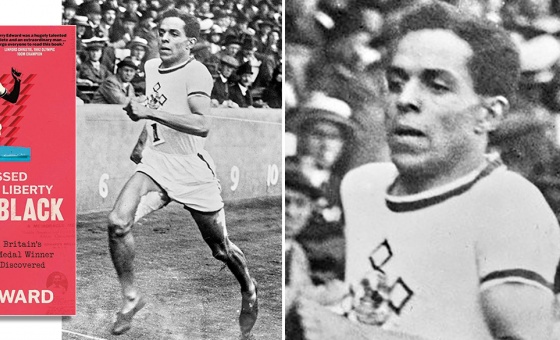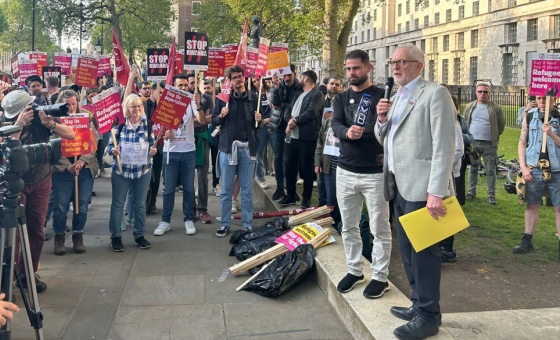OUR world is turned upside down when a Tory prime minister snookers herself by claiming that there is no correlation between certain crimes and police numbers while her successor as home secretary tells the Commons exactly the opposite.
Theresa May’s dilemma must cause her dwindling corps of party members — for whom backing our bobbies is a primitive exercise in Tory dogma — occasion for reflection.
It was she, as home secretary, as we quaintly call our minister of the interior, who famously faced down the Police Federation and carried through the lunatic logic of austerity economics to slash spending on safety.
Jeremy Corbyn demonstrated a deft touch when he tweeted: “Theresa May must start listening to police chiefs across the country who understand the impact of cutting 21,000 police officers on violent crime. You cannot keep people safe on the cheap.”
He is right on the button with this because, outside the privileged bubble of personal protection, ministerial limousines and gated communities, everyone knows that crime against person and property can strike with random terror.
In working-class and middle-class communities alike, there is a natural understanding that the foundation of much rising crime lies in the impact that austerity, unemployment and failed expectations has on the lives people lead.
Only a hopeless dogmatist would suggest that crime exists only in the climate of exploitation and oppression that characterises contemporary casino capitalism.
Our understanding of the real-life crime wave that followed the dismantling of socialism — the common theme of much TV crime drama — would be deepened with some scientific investigation.
As it happens, there is a substantial body of research into crime and policing which adds to our grasp of a reality that is illuminated by the old legend that a patrolling police officer passes in proximity to a crime being committed about every 14 years in her career.
An old joke has it that if the patrols were concentrated in the City of London the incidence of prevented and detected crime would be substantially higher.
It is interesting that policy discussion about the impact of policing focuses not on the supposed deterrent effect of a general police presence but on the nature of the police response to reported crime.
The conclusion is that smart policing is the answer to the problem of where to deploy resources that are always seen as inadequate for the task.
Mapping where crime is concentrated and proactively policing these locations is an accepted wisdom that deals only with one part of the crime spectrum.
That Corbyn’s tweet occurred within hours of him enduring a physical attack illustrates the truth that crime is always an individual and anti-social act committed in the social space which we share.
We can locate hate speech and hateful actions in the constant climate that delegitimises some, and to the aggressive atmosphere that sections of the media generate, and which dovetails with the rhetoric of the far-right.
But unless we believe in an Old Testament view that some people are born inherently criminal then we must seek convincing explanations in the way our society shapes the individual.
Margaret Thatcher argued — oddly enough in relation to housing — that “there is no such thing as society. There are individual men and women and there are families.”
Her bizarre language barely masks the repugnant basis of a rampant individualism opposed to our modern morality that sees people embraced by a sense of the collective good that organises the individual and family in harmony with a social order to protect our common security and our planet.
Crime under capitalism is a compelling argument for socialism.












